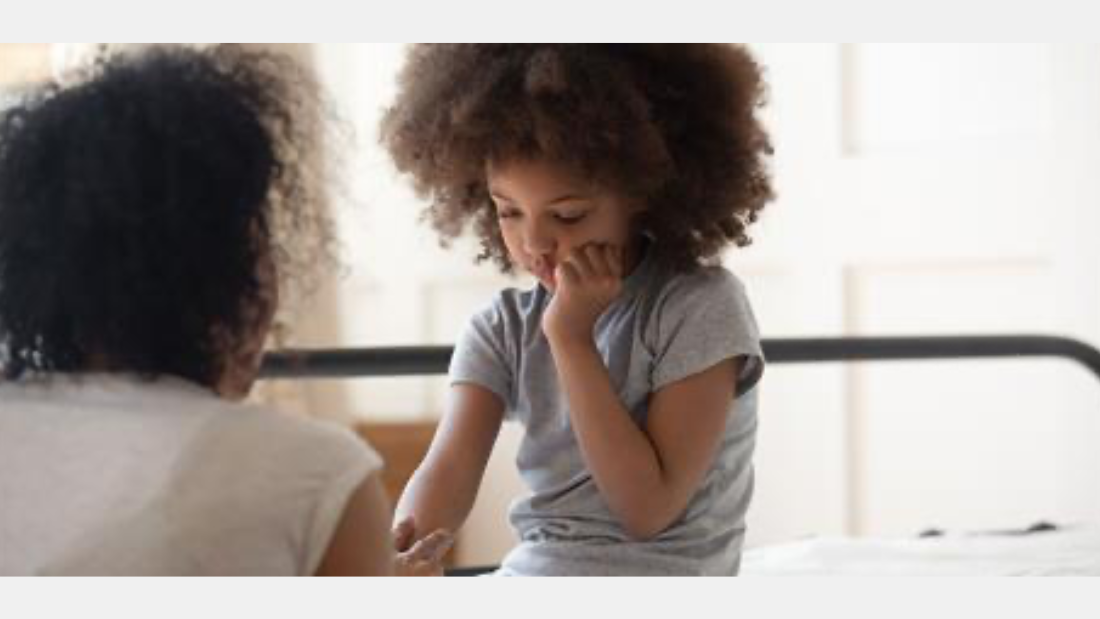In the wake of a natural disaster, parents often find themselves navigating a turbulent sea of emotions—concern for their child’s safety, sorrow for the losses endured, and the hope for a brighter tomorrow. After the immediate threat has passed, the long-term psychological effects on children can manifest in ways that may not be immediately apparent. Understanding the signs that indicate a child may need professional support is crucial for fostering their recovery.
After such traumatic events, it’s not uncommon for children to show signs of anxiety. This can present as excessive worry about the safety of family members, nighttime fears, or reluctance to engage in everyday activities. These feelings may be intensified by a child’s difficulty in expressing their thoughts and emotions verbally. When anxious behaviors linger for weeks or months and begin to interfere with a child’s daily routines, it’s a signal for parents to consider seeking specialized support.
Another common manifestation is changes in behavior. A once outgoing child may become withdrawn, while a more reserved one might suddenly act out. Parents should be mindful of any drastic shifts in their child’s temperament. If a previously cheerful kid regularly displays irritability, anger, or frustration—especially over minor issues—it’s essential to pay attention to these changes. Such behaviors can indicate underlying distress related to the traumatic experience.
Physical symptoms can also act as red flags. Complaints of headaches, stomachaches, or other unexplained ailments often arise when children are experiencing emotional turmoil. When these physical complaints become frequent or severe and seem linked to anxiety or stress, it may indicate that the child requires someone to help them process their feelings.
Additionally, lingering nightmares or other sleep disturbances can indicate that the emotional scars of the disaster continue to affect a child’s mental well-being. If children struggle with sleep or have frequent nightmares that awaken them, it could be a sign that they are wrestling with unresolved feelings related to their trauma.
Lastly, if academic performance begins to decline or if the child loses interest in activities they once enjoyed, these can be significant indicators that professional support could be beneficial. Recognizing these signs does not signify failure as a parent, but rather reflects a loving commitment to our children’s emotional health.
In these challenging times, parents carry the weight of not only understanding their child’s needs but also ensuring they receive the appropriate care. It’s vital to create a nurturing environment where open dialogues are encouraged, allowing children to voice their feelings and seek help when necessary. Prioritizing mental health after a disaster is an essential step toward healing and resilience.
- Discover the subtle signs of anxiety in children that might go unnoticed, complicating their journey to recovery after a natural disaster.
- Uncover the unexpected behavioral changes that could signal deeper emotional struggles, and how parents can respond effectively.
- Learn about the physical symptoms and academic declines that could indicate your child needs professional help, empowering parents to take action.


Leave A Comment